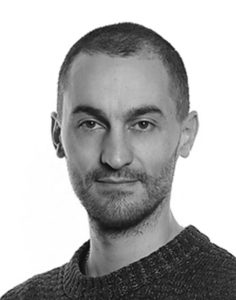The current interest of our team is to elucidate the links between cellular pathways of response to stress – including (but not limited to) autophagy, cellular senescence and multiple variants of regulated cell death – and the preservation of organismal homeostasis, with a particular focus on anticancer immunity. More specifically, we are interested in dissecting the complexity of the tumor microenvironment with respect to the mechanisms through which malignant as well as non-malignant components of the tumor exposed to chemotherapy, radiation therapy and immunotherapy emit danger signals that are involved in the initiation and perpetuation of robust immune responses. The detailed characterization of these molecular and cellular circuitries may identify stress-responsive mechanisms of adaptation in malignant or non-malignant cells as novel targets for the pharmacological manipulation of anticancer immune responses. Ultimately, these findings may translate into novel clinical studies based on combinatorial therapeutic regimens aimed at maximizing immunostimulation within the tumor microenvironment.

Ongoing projects
- Role of the mitochondrial immune checkpoint in the immunogenicity of radiation (Yamazaki et al. Nat Immunol 2020; Rodriguez-Ruiz et al. Oncoimmunology 2019).
- Mechanisms of resistance to pembrolizumab in HR+ breast cancer (Buque et al. Nat Commun 2020).
- Synergism between radiation therapy and cell cycle blockade with CDK4/CDK6 inhibitors (Petroni et al. Clin Cancer Res 2021).
Ongoing and prospective collaborations
- Impact of apoptotic proficiency on the immunogenicity of cell death, in collaboration with Dr. Kristopher A. Sarosiek, Harvard School of Public Health.
- Impact of metabolic stress on antigen presentation and anticancer immunity, in collaboration with Dr. Laura Santambrogio, Weill Cornell Medical College (Clement et al. Sci Immunol 2021; Clement et al. Immunity 2021).
- Impact of serine in colorectal cancer progression and resistance to therapy, in collaboration with Dr. David Montrose, Stony Brook University (Montrose et al. Cancer Res 2021).
- Impact of systemic metabolism on HR+ mammary carcinogenesis and response to therapy, in collaboration with Dr. Aitziber Buque, Fox Chase Cancer Center and Timothy E. McGraw, Weill Cornell Medical College.

